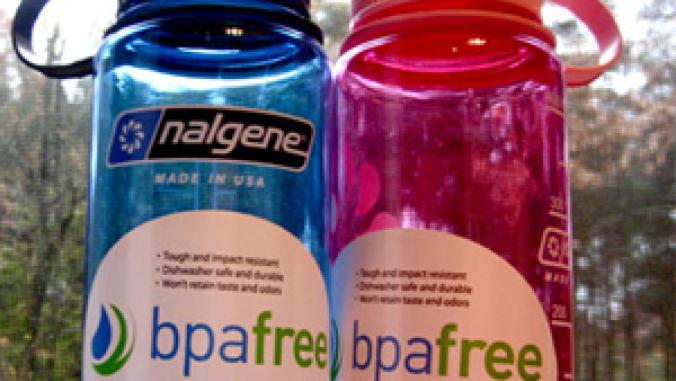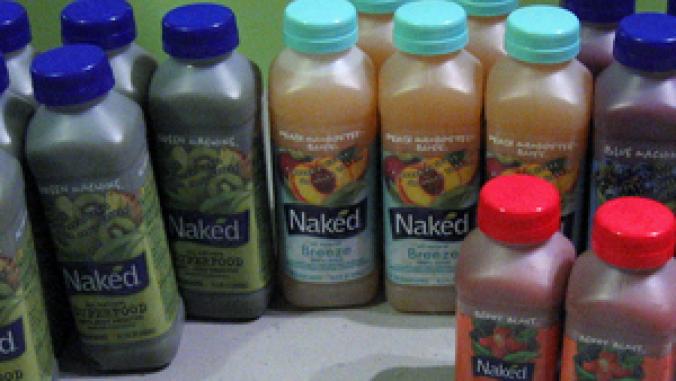Researchers Developing Alternative PVC Additive
Teams at a university and compound company are working on a greener way to make PVC flexible and strong.

At least two groups are working to create a greener plastic additive for making PVC products flexible and strong.
Researchers at McGill University in Canada and compound company Teknor Apex are working on a replacement for di-2-ethyl hexyl phthalate (DEHP), the most widely used phthalate plasticizer, which is primarily used in PVC products, reports the American Chemical Society's Environmental Science & Technology journal.
DEHP is found in shower curtains, toys, wire cable coverings and a variety of medical equipment, including intravenous tubing, breathing tubes, catheters, blood bags and transfusion tubes.
The additive does not bind to PVC, making it able to escape the product and leach into liquids in contact with the PVC. It can also leach into soil and affect microorganisms. Non-phthalate alternatives exist, the journal notes, but they have yet to provide the same performance as DEHP.
One research team at McGill is working on a plasticizer like DEHP, but one that would not affect soil microorganisms. The team first looked at what chemical structures adversely affect microorganisms, and designed a plasticizer without those structures. The team hopes to develop a compound that performs as well as DEHP, but that degrades into only water and CO2.
Researchers at Teknor Apex are also looking to make PVC greener by designing out phthalates and lead. The team is experimenting with improving the use of epoxidized linseed oil, an alternative plasticizer that can prevent PVC from degrading in heat but which breaks down and separates from PVC when exposed to water.
Although human exposure to DEHP has been increasing over the years, it's not clear what side effects are possible from exposure. Concerns over human exposure to another plastic additive, bisphenol A, which is used to make hard plastics, has prompted numerous stores to remove products containing it and for the U.S. and Canadian governments to issue statements on the substance.
Researchers at McGill University in Canada and compound company Teknor Apex are working on a replacement for di-2-ethyl hexyl phthalate (DEHP), the most widely used phthalate plasticizer, which is primarily used in PVC products, reports the American Chemical Society's Environmental Science & Technology journal.
DEHP is found in shower curtains, toys, wire cable coverings and a variety of medical equipment, including intravenous tubing, breathing tubes, catheters, blood bags and transfusion tubes.
The additive does not bind to PVC, making it able to escape the product and leach into liquids in contact with the PVC. It can also leach into soil and affect microorganisms. Non-phthalate alternatives exist, the journal notes, but they have yet to provide the same performance as DEHP.
One research team at McGill is working on a plasticizer like DEHP, but one that would not affect soil microorganisms. The team first looked at what chemical structures adversely affect microorganisms, and designed a plasticizer without those structures. The team hopes to develop a compound that performs as well as DEHP, but that degrades into only water and CO2.
Researchers at Teknor Apex are also looking to make PVC greener by designing out phthalates and lead. The team is experimenting with improving the use of epoxidized linseed oil, an alternative plasticizer that can prevent PVC from degrading in heat but which breaks down and separates from PVC when exposed to water.
Although human exposure to DEHP has been increasing over the years, it's not clear what side effects are possible from exposure. Concerns over human exposure to another plastic additive, bisphenol A, which is used to make hard plastics, has prompted numerous stores to remove products containing it and for the U.S. and Canadian governments to issue statements on the substance.




